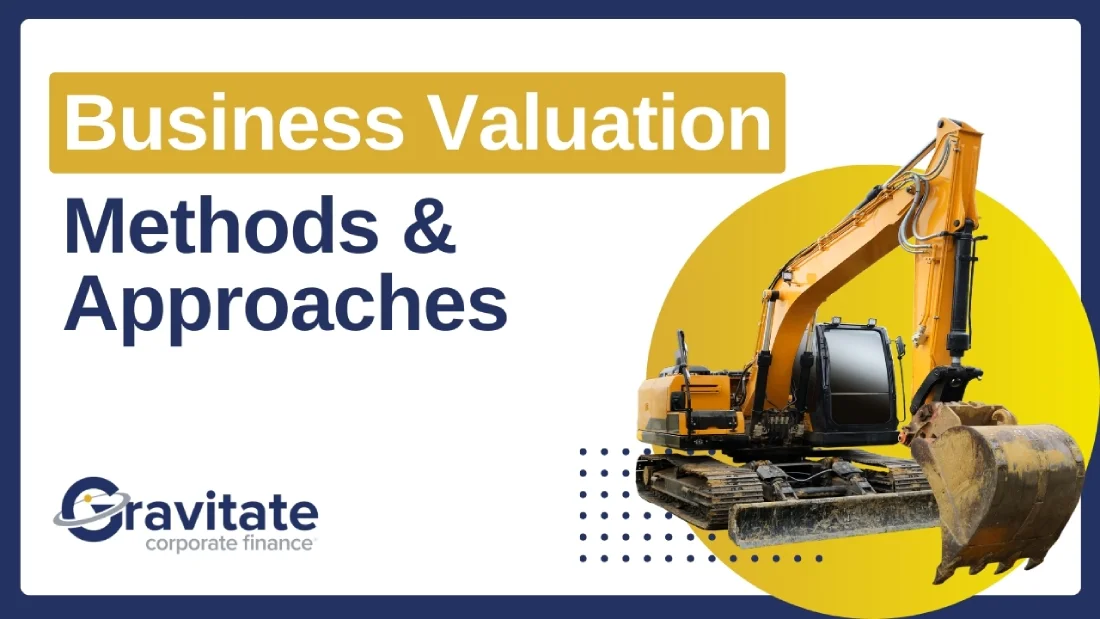Are you considering a career in accounting or finance? If so, you may have heard of the ACA, ACCA and CIMA professional qualifications. But what do these acronyms actually mean? And more importantly, how do they differ from each other? Let’s take a look at the ins and outs of these three qualifications.
ACA (Association of Chartered Accountants)
The ACA is an internationally recognised qualification for professional accountants. Offered by the Institute of Chartered Accountants in England & Wales (ICAEW), it takes three to five years to complete depending on your experience. Once qualified, you’ll be able to practice as a chartered accountant in any country around the world. This qualification is ideal for those who want to specialise in auditing, financial analysis and management consulting. It also provides the skills required for roles such as corporate finance advisor, financial controller or chief executive officer.
ACCA (Association of Chartered Certified Accountants)
The ACCA is another globally recognised qualification offered by ICSA (Institute of Chartered Secretaries and Administrators). This qualification is designed for those who are interested in working in accounting roles such as tax consultant or financial analyst. It usually takes three to six years to complete although this can vary depending on your experience level and whether you undertake self-study or classroom learning. Once qualified, you’ll be able to work as a certified accountant anywhere in the world. This qualification covers a mix of ACA and CIMA and would say is part way between the other two qualifications.
CIMA (Chartered Institute of Management Accountants)
The CIMA is a professional accounting qualification aimed at those interested in management accounting roles such as budgeting and forecasting analyst or financial risk manager. This qualification typically takes two to four years to complete depending on your prior experience and expertise. Once qualified, you’ll be eligible for roles such as cost accountant or finance director anywhere around the globe.
If you’re considering a career in accounting or finance, then understanding the differences between ACA, ACCA and CIMA qualifications is essential knowledge that will help shape your future success! Each one offers its own unique advantages so think carefully about which one best suits your individual goals before embarking on this journey!
At Gravitate Accounting we are more than willing to support you through any of the above qualifications so please get in touch if you want to discuss career opportunities

.png)


.png)

.png)
.png)

.png)
.png)
.png)













.png)
.png)
.png)

.png)
.png)

.png)


.webp)
.webp)













.jpg)

.webp)
.png)

.svg)
